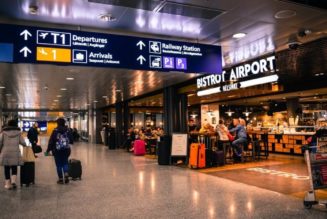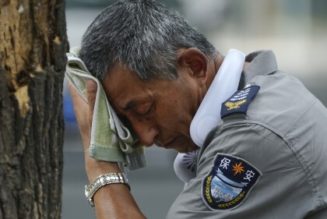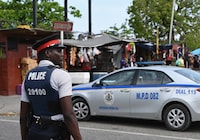
U.S. officials are asking visitors to “reconsider travel” to Jamaica because of increased crime in the nation.
The State Department escalated its warning for Jamaica to a Level 3 travel advisory last week, which the U.S. Embassy in Jamaica reinforced Thursday. An embassy statement said violent crimes — including armed robberies, sexual assaults and homicides — are common, and it specifically claimed that “sexual assaults occur frequently, including at all-inclusive resorts.”
Officials recently issued a similar warning for the Bahamas because of a spate of murders at the beginning of the year, many of them gang-related, according to officials. The Bahamas warning is a Level 2 advisory, meaning visitors should “exercise increased caution.” A Level 3 advisory, in the State Department’s ranking system, communicates an elevated risk and asks people to reconsider their travel plans altogether.
The U.S. travel advisory for Jamaica was also escalated to Level 3 in May because of crime.
According to the Jamaica Constabulary Force, officials recorded 65 murders in the first month of 2024, down from 81 during that same period in 2023. Instances of sexual assault have also declined. However, rates of shootings, people injured and robberies have increased since this time last year.
Michael Rogers, a senior intelligence director at travel security firm International SOS, said that travelers should take State Department warnings seriously but that violent crime is not primarily impacting travelers. In the Bahamas, officials said, most of the violent crime is gang-related, and none of this year’s killings have targeted tourists.
“Importantly, it is not the kind of issue that we are seeing directly affect travelers,” Rogers said, adding that visitors are more likely to encounter petty crimes, such as theft. “From our perspective, we would more likely encourage our clients to, rather than avoid travel, instead to travel safely, or travel smartly. We’re not necessarily seeing this affect resort properties or anything of that nature.”
Rogers added that violent crime isn’t a new issue in Jamaica, and it can be more prevalent in some areas than others. Officials in Jamaica previously have declared regional states of emergency in response to spikes in violence.
In the advisory, U.S. officials also claimed that local police and emergency services personnel do not “respond effectively” to serious crimes. “When arrests are made, cases are infrequently prosecuted to a conclusive sentence,” the statement said. “Families of U.S. citizens killed in accidents or homicides frequently wait a year or more for final death certificates to be issued by Jamaican authorities.”
The notice further warned visitors that, should an emergency occur, ambulance service and hospital care may not be readily available or provide the level of care needed.
Medical treatment abroad could be expensive, as U.S. health insurance (including Medicaid and Medicare) is not valid overseas. Those who decide to travel are encouraged to obtain traveler’s insurance. They also are advised to avoid walking or driving at night, taking public buses and going to secluded areas. Rogers recommended sticking to well-trafficked tourist areas and being aware of one’s surroundings.
The office of Prime Minister Andrew Holness did not immediately respond to The Washington Post’s request for comment on the U.S. advisory. This week, Holness announced that the Jamaican government is taking “strategic and definitive” measures to grow its tourism sector, which constitutes about 34 percent of the country’s economic output and employs 31 percent of its workforce, according to the Inter-American Development Bank.
In a statement issued by his office Wednesday, the prime minister appealed to prospective tourists. “Come to Jamaica,” he said, “to experience a people who have experienced hardship, who have suffered, but who have conquered. That has a deep history. That has more to offer to humanity than just sun, sea, and sand.” Those things, he said, “must be the essence of our tourism.”
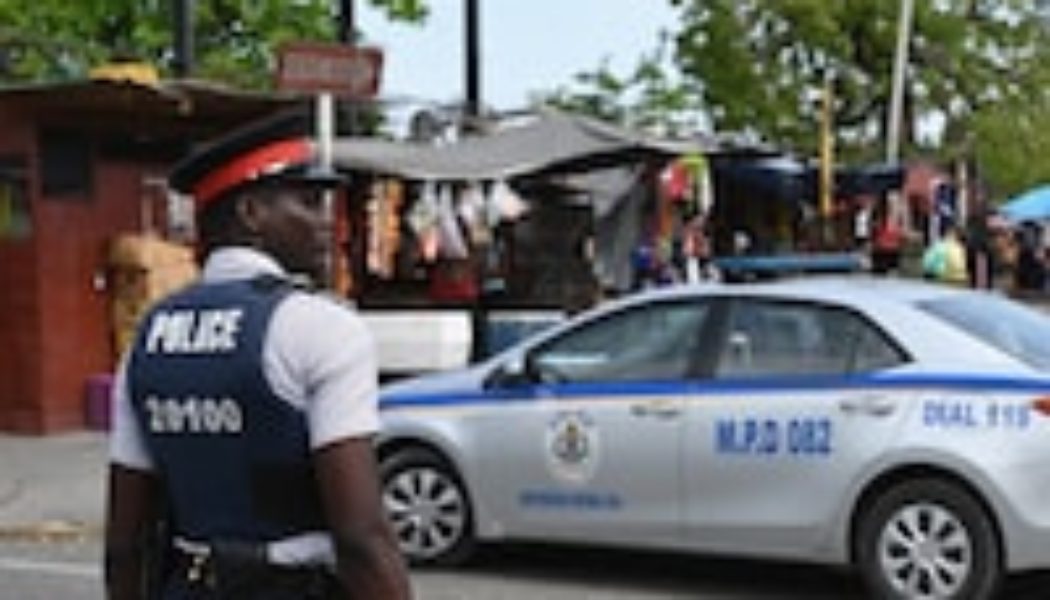

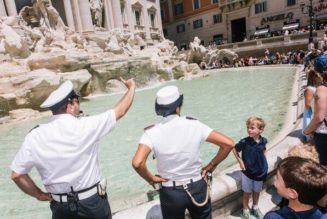
![MILLENNIAL MONEY: Mystery travel lets you focus on the fun, not the details [Column]](https://www.wazupnaija.com/wp-content/uploads/2023/08/millennial-money-mystery-travel-lets-you-focus-on-the-fun-not-the-details-column-327x219.jpg)
